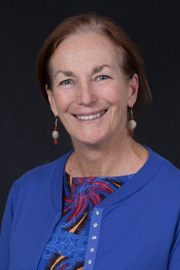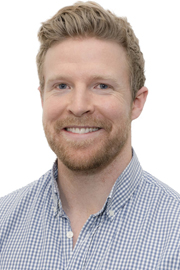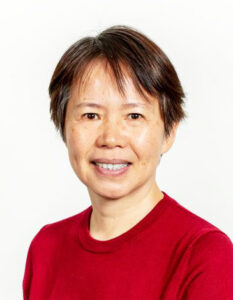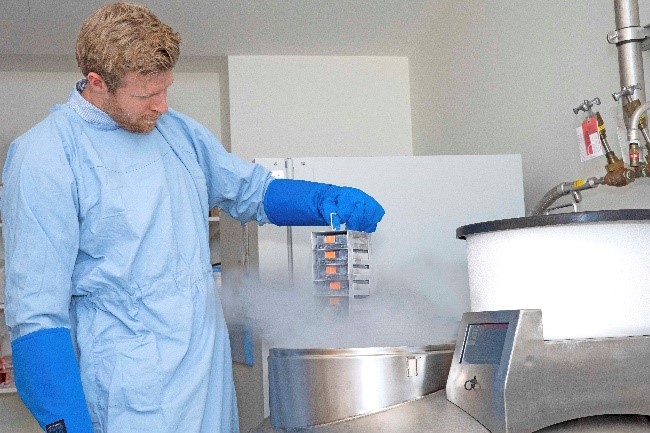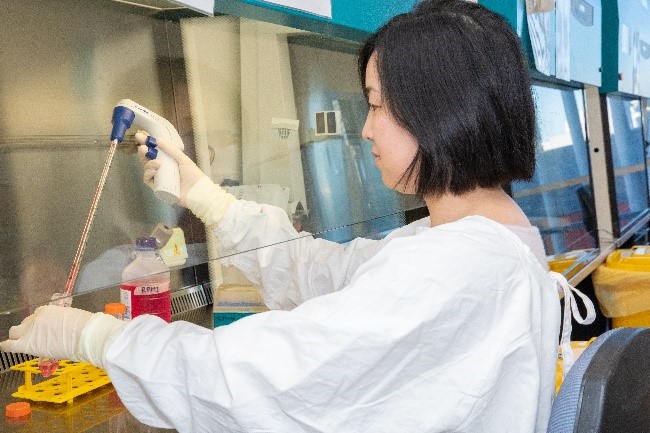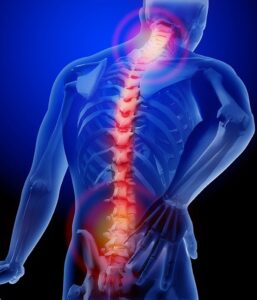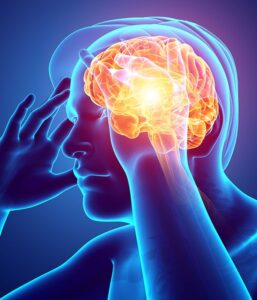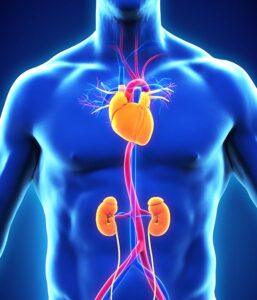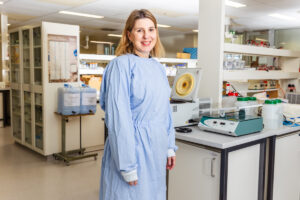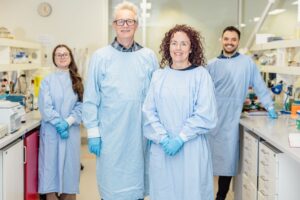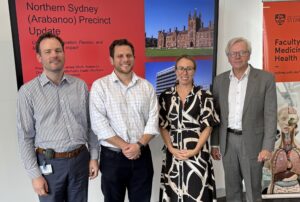The A3BC is a national biobanking and information network to improve the health of men, women and children living with arthritis and autoimmune conditions.
The network includes more than 70 rheumatology clinicians and researchers, and over 60 recruitment sites, biobanks and research laboratories.
It collects a broad range of linked biological information (such as genetics, microbiome), patient-reported details (via the ARAD Registry) and medical data. The information is then integrated and examined using large-scale data analytics.
It is a comprehensive, national resource to support Australian researchers and doctors to deliver the best diagnosis, treatment and outcomes for those with arthritis and autoimmune conditions… and hopefully find a cure.
We aim to:
- Establish a national biobank network to collect, process and store a broad range of high-quality biospecimens for biological research
- Integrate biospecimen information with national datasets, including patient-reported, electronic medical record, cancer/death registry and Commonwealth data.
- Analyse these integrated, large-scale datasets to identify and study potential patterns of significance for patients and the healthcare system.
- Translate discoveries to improve disease prediction, identify more precise treatment, inform prevention strategies, and hopefully find a cure for arthritis and autoimmunity.
… To give the right care, to the right patient, at the right time!

The A3BC was formed to give researchers a greater chance of answering questions such as:
- Why are some people more likely to develop arthritis?
- Why do some people develop a worse type of the illness than others?
- Why do some people respond well to a treatment while others respond poorly?
- Which biological markers (biomarkers) predict disease progression and treatment suitability?
- Which risk factors could be used to better manage these conditions or even lead to their prevention?
Specific research questions to be addressed by researchers through A3BC activity include:
- Among people taking methotrexate and/or biologics for the treatment of arthritis or autoimmune disease, are there clinical or biological (incl. genomic, microbiomic) data associations which predict response to treatment and suggest improved models of care?
- What are the long-term outcomes for people undergoing therapy for these diseases following new (biologic or biosimilar) versus traditional treatments?
- Among people undergoing therapy for these diseases, does the characterisation profile of their microbiome associate with a change in their response to therapy?
- What are the cytokine profiles produced by synovial and peripheral blood mononuclear cells derived from people with arthritis and how do these profiles change in response to in vitro biologic therapies -(bDMARDs)?
A key ingredient in achieving these goals is to build a state-of-the-art national resource, involving large-scale data collection and analyses of biospecimens. Given the complex nature of these arthritic/autoimmune conditions, research discovery will always be limited unless a large-scale, data-rich resource such as the A3BC is developed and widely used.

The A3BC hope to recruit more than 50,000 participants with various forms of arthritis and produce information on participant biology/biomarkers (such as genetics), environmental and lifestyle factors, clinical factors, and health service/prescription for more precise detection of risk factors, improved treatments and prediction tools for these conditions.
The initial scope of A3BC research is to better understand biological and environmental risk factors in Rheumatoid Arthritis, Juvenile Idiopathic Arthritis, Psoriatic Arthritis, Ankylosing Spondylitis, Vasculitis, Myositis and Sjogren’s Syndrome. Once the A3BC has established these diseases within national operations, additional conditions such as Lower Back Pain, Gout, Scleroderma, Systemic Lupus Erythematosus and Osteoarthritis are intended for future collection.
This project has been initiated by the lead study doctor, Professor Lyn March AM, in collaboration with more than 50 other leading national doctors and researchers from over 50 hospitals, universities and research institutes across Australia. The A3BC is funded by the CLEARbridge Foundation (a philanthropic organisation) and A3BC partner nodes across Australia. Further Commonwealth funding is also being sought.
The A3BC is committed to developing a complex, yet easily used solution to a challenging set of conditions.
For more information:
Please visit the A3BC website www.a3bc.org.au or
Contact
A3BC Headquarters Project Team:
Email – info@a3bc.org.au
Phone – 02 9463 1891






